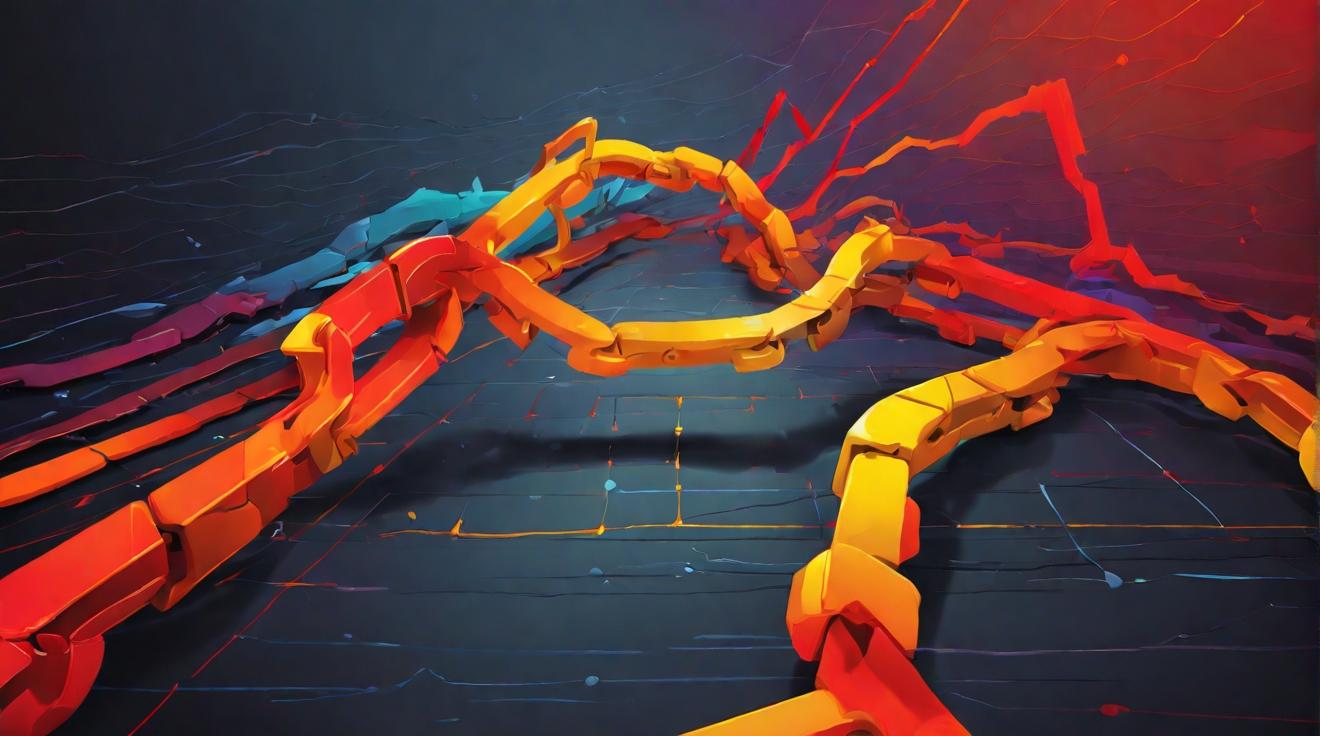Is Technology Making Us Lonelier? Tech Companies Aim to Address the Loneliness Epidemic
Americans are facing a loneliness epidemic that is taking a toll on their mental and physical health. Loneliness has been linked to increased risks of heart disease, dementia, stroke, and premature death. Technology has often been blamed for this isolation, as we increasingly choose to interact digitally rather than face-to-face. However, some tech companies are striving to change this narrative and bring people closer together.
Last year, the US Surgeon General released a report highlighting the impact of loneliness on Americans, noting that technology is one of the drivers behind our sense of isolation. Spending more than two hours a day on social media has been found to double the odds of feeling disconnected, compared to spending less than 30 minutes. This impact is particularly concerning among teenagers, who face a higher risk of depression, anxiety, and even suicidal thoughts from chronic online engagement.
Dr. Nicole Siegfried, a clinical psychologist and chief clinical officer at Lightfully Behavior Health, explains that despite being more connected than ever through technology, it doesn't necessarily promote feelings of connection. On the contrary, research shows that loneliness actually increases with increased use of technology, especially social media.
In response, tech companies such as Groove, Rendever, and Luka, Inc. are using innovative approaches to address the loneliness epidemic. Groove, for instance, offers structured hour-long meeting times for remote workers to connect with other business owners and entrepreneurs. These small-scale chats, with only four users each, provide a five-minute introduction and debriefing session, allowing individuals to conduct their business within a 50-minute window.
Rendever takes a different approach, focusing on immersive experiences to bring community to vulnerable populations, specifically older adults in assisted living facilities. By offering virtual reality meetups and programming, they aim to build connections among older adults who may be experiencing cognitive decline, impaired vision, or mobility restrictions.
Luka Inc., on the other hand, tackles loneliness in individuals who may have no other people around them. Through their chatbot Replika, the company utilizes generative artificial intelligence to create ever-responsive friends or even romantic companions tailored to each user's specific wants and needs.
Although technology has its limitations in fulfilling the need for genuine human connection, there is also recognition of its potential to enhance social lives. The Surgeon General's report acknowledges that technology can help people stay in touch with loved ones, provide alternative avenues for social participation, and help marginalized groups find community. Dr. Siegfried believes that recent advancements in next-gen technology present opportunities for more immersive experiences that can promote connection, but it's crucial to avoid the pitfalls of current technology use that hinder true connections.
In conclusion, technology has been blamed for increasing loneliness among Americans. However, some tech companies are striving to address this issue by using innovative approaches to bring people closer together. While technology presents opportunities for connection, it's essential to find a balance between its benefits and the potential hindrance it may pose to genuine human interaction.
Analyst comment
This news can be evaluated as negative as it highlights the negative impacts of technology on loneliness and isolation. However, there is a small positive aspect as some tech companies are trying to address the loneliness epidemic. In the market, there is potential for growth in technology-based solutions that aim to foster connection and combat loneliness, especially for vulnerable populations such as older adults and individuals without social networks. However, there may be challenges in finding a balance between technological advancement and fostering genuine human connections.













